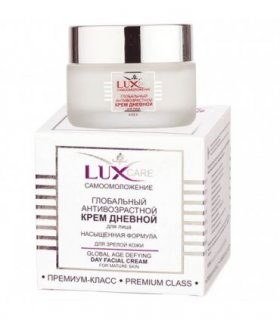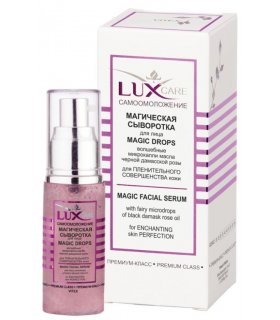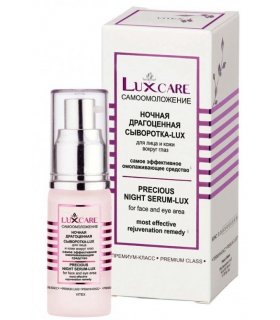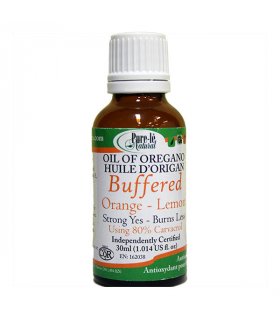Frankincense has a long history of medicinal, religious and social uses. It is the source of the oleo-gum-resin frankincense, which besides other uses, has long been valued for its sweet-smelling fumes when burnt. Frankincense is well known for its supportive effect in meditation and has been used, traditionaly, with myrhh, and sandalwood, for deeper concentration, where it has a unique ability to slow, and quiet the mind.
EcoOils FRANKINCENSE OIL
Frankincense (Boswellia sacra), an oily gum resin from the tree Boswellia sacra and related species, is named in the Bible as one the three gifts given to the baby Jesus by the 'Three Wise Men'. It has been used for thousands of years in many different cultures. Frankincense has a long history of medicinal, religious and social uses. It is the source of the oleo-gum-resin frankincense, which besides other uses, has long been valued for its sweet-smelling fumes when burnt. The name 'frankincense' is derived from the Old French 'franc encens', meaning pure incense or, more literally, free lighting. Incense containing frankincense was found in Tutankhamen's tomb. Frankincense is well known for its supportive effect in meditation and has been used, traditionaly, with myrhh, and sandalwood, for deeper concentration, where it has a unique ability to slow, and quiet the mind. In skin care Frankincese offers healing, and anti-aging benefits where it rejuvenates, and repairs, the skin. The fragrance of Frankincense is fresh, and earthy, reminiscent of incense. It has a slight sweetness that is both warm and deep.
Aroma: Fresh, woody, spicy, balsamic with a citrus top note
Traditional Use. It was burned by the Egyptians and is used in many religious ceremonies. Traditionally it has also been used for skin ailments.
Properties: Analgesic, Antifungal, Anti-inflammatory, Antioxidant, Antiseptic, Astringent, Sedative, Tonic, Vulnerary
How to Use: Topical, Massage, Bath, Diffuse
Blends well with Camphor, Cypress, Geranium, Grapefruit, Lavender, lemon, Orange, Patchouli, Ylang ylang
Safety Generally considered safe. Avoid during pregnancy. Not for internal use.






























